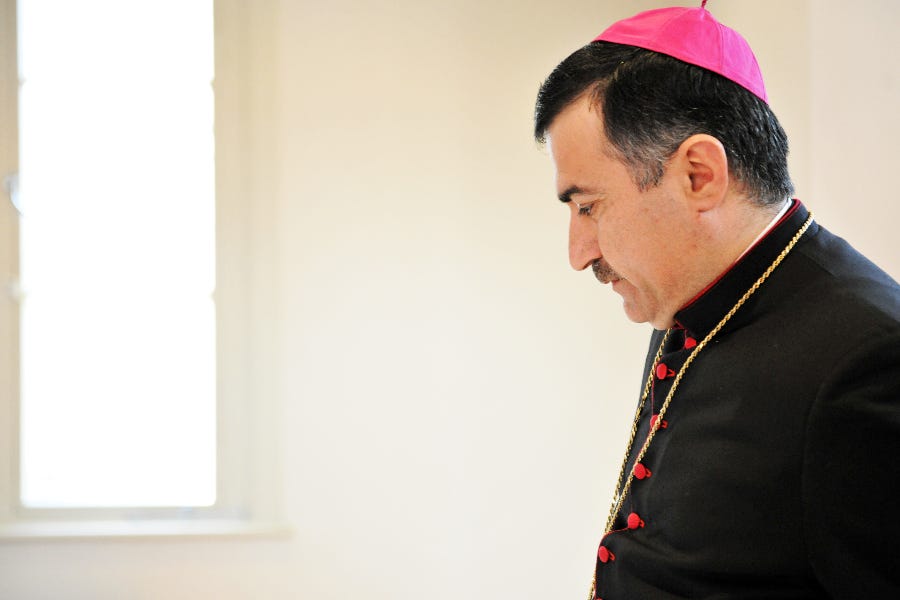Iraqi archbishop issues new denial of lawsuit claims
Archbishop Warda expressed ‘great astonishment’ at the complaint filed in a U.S. court.
An Iraqi archbishop issued a fresh denial Sunday of corruption allegations made in a lawsuit filed in a U.S. court in response to what he described as “highly sensationalized” reporting on the case.

In statement sent March 30 to The Pillar, Archbishop …
